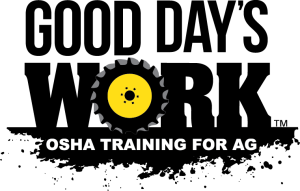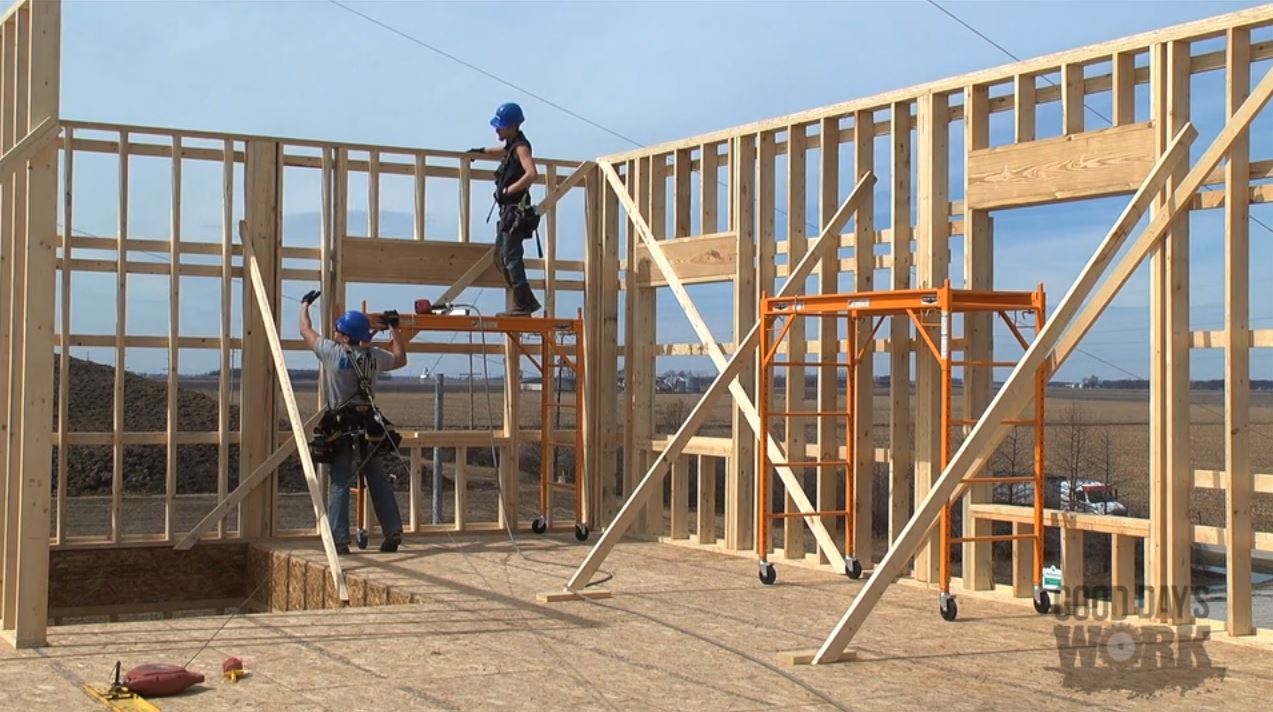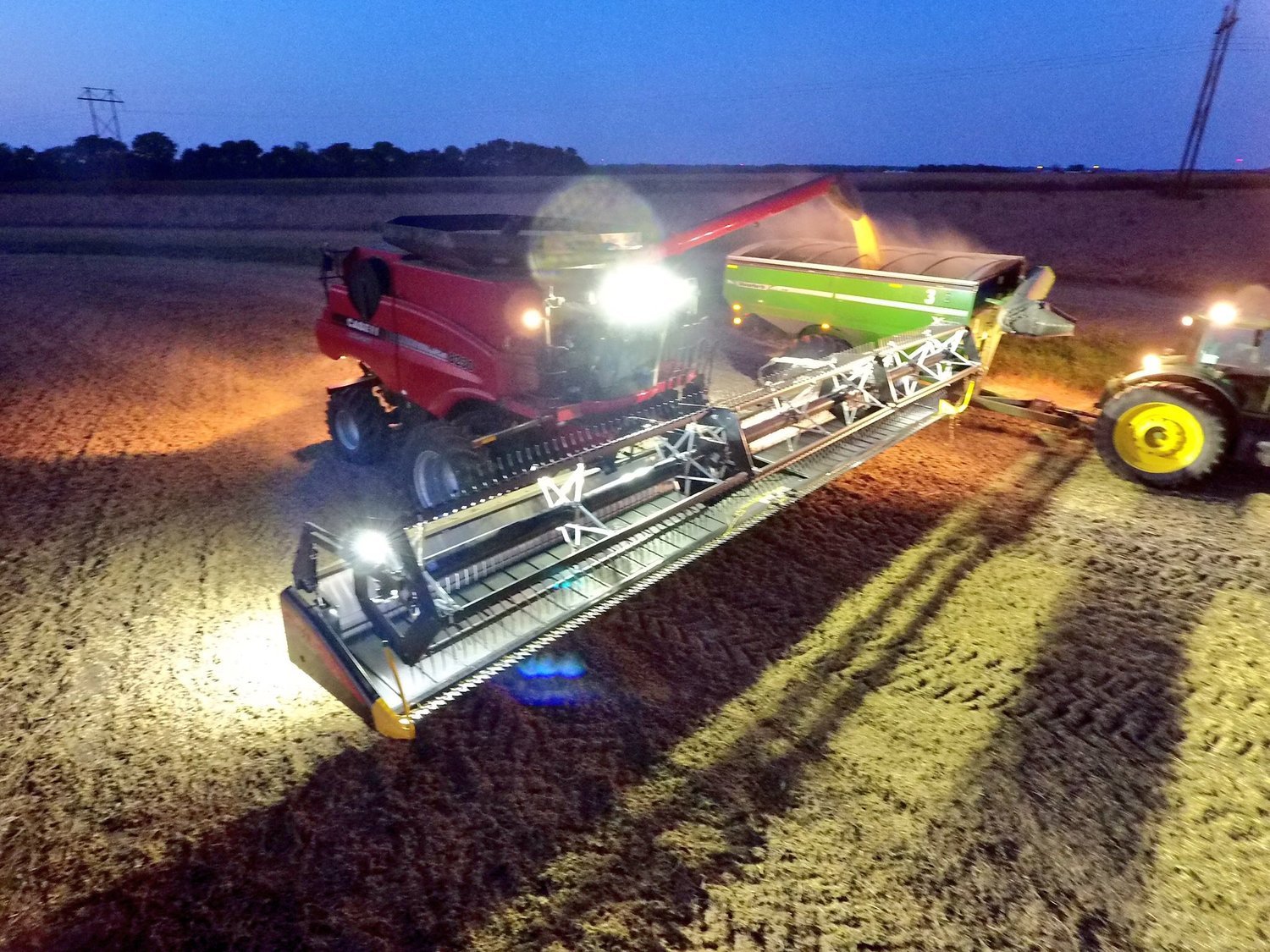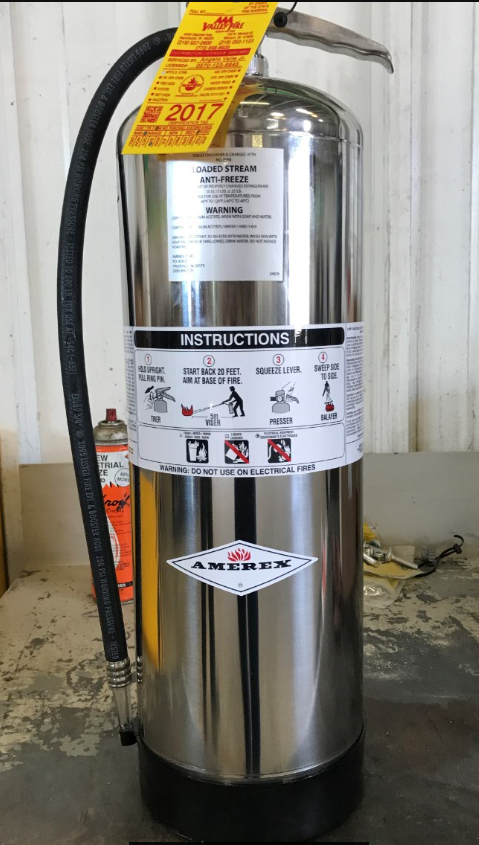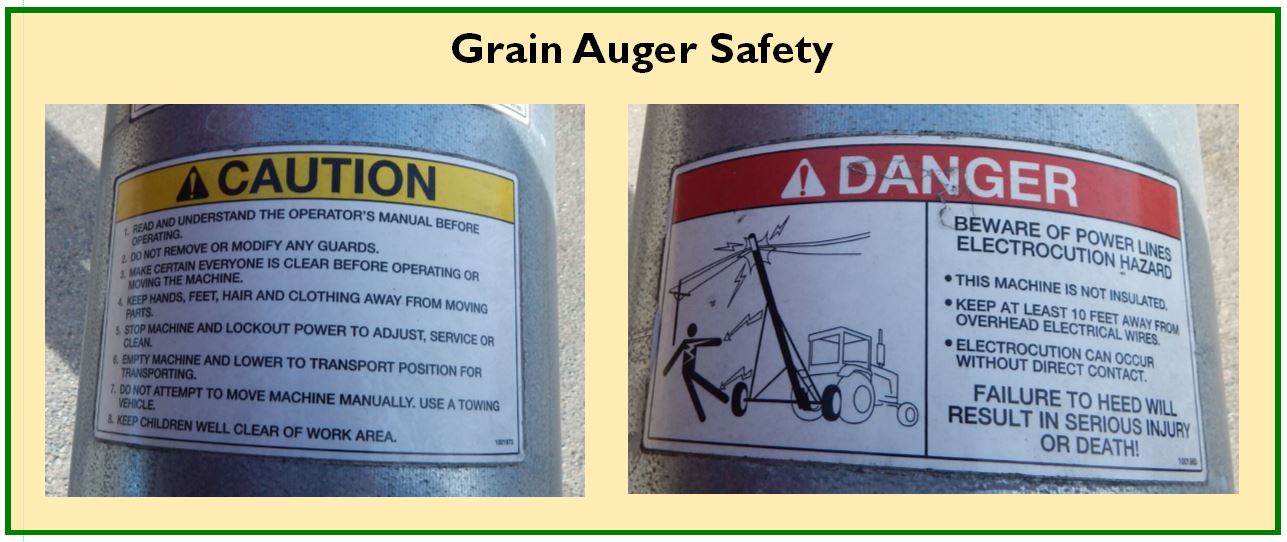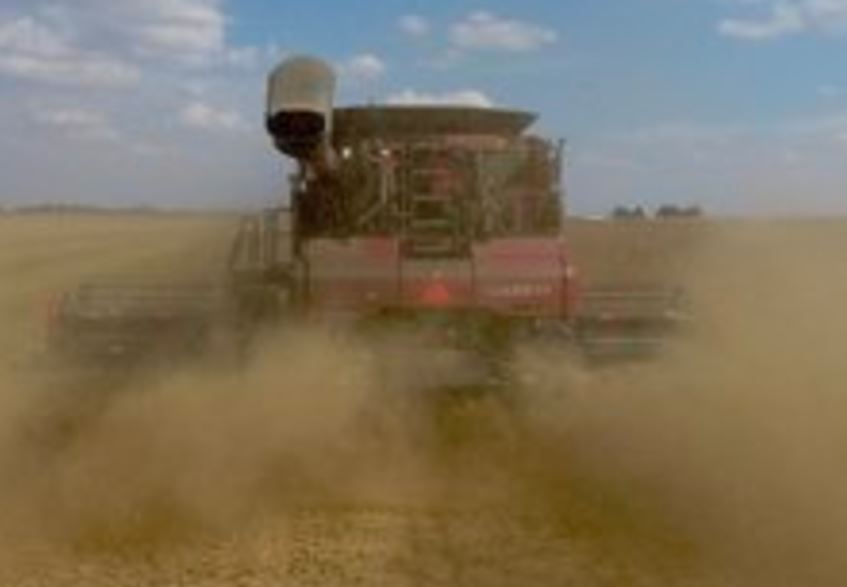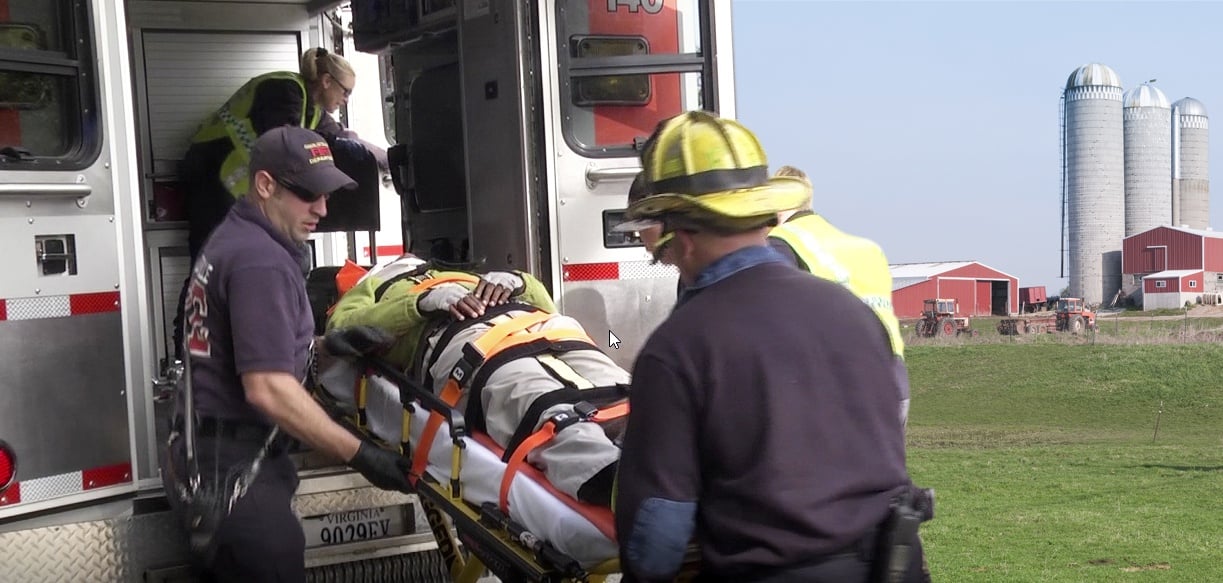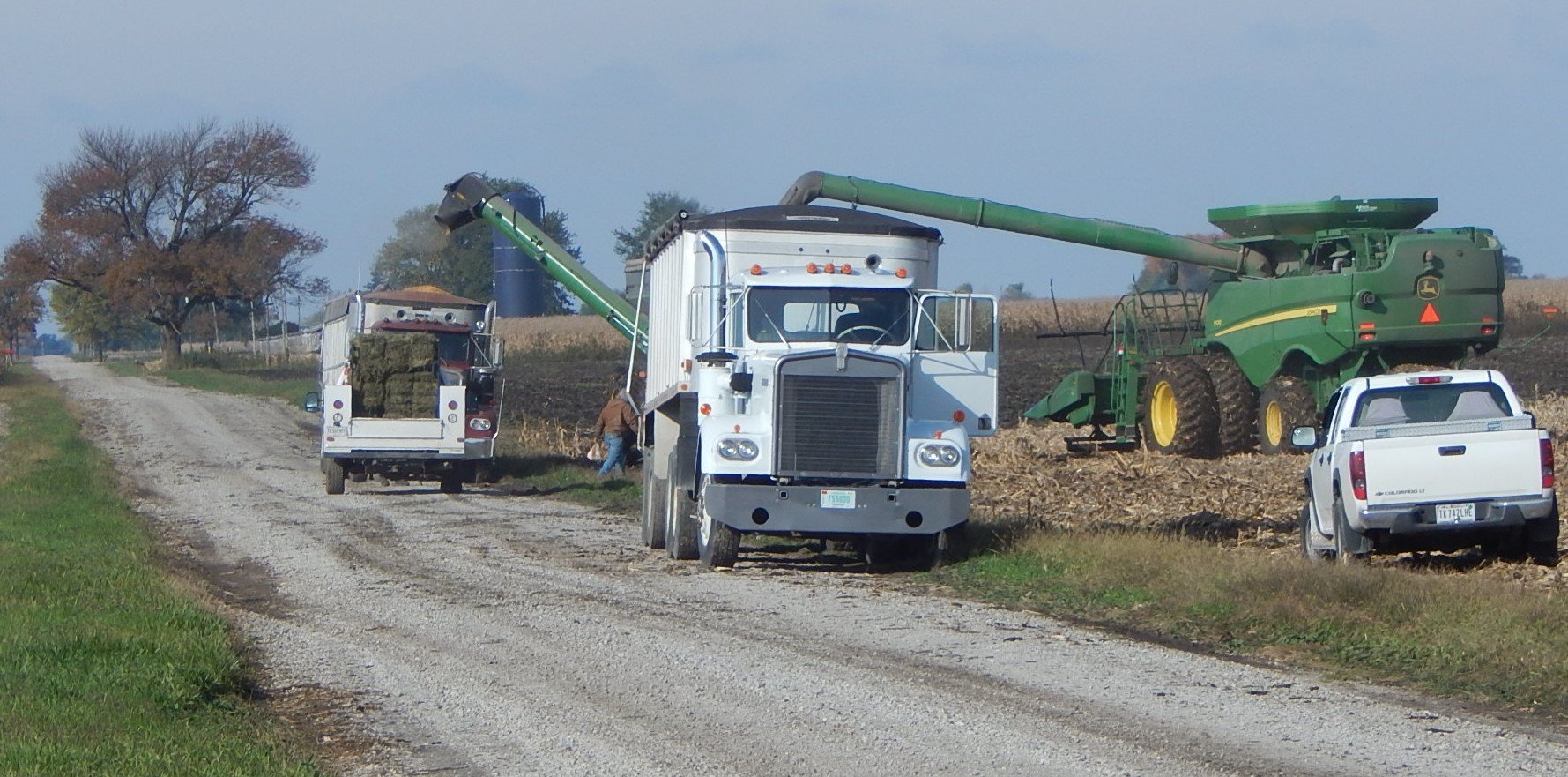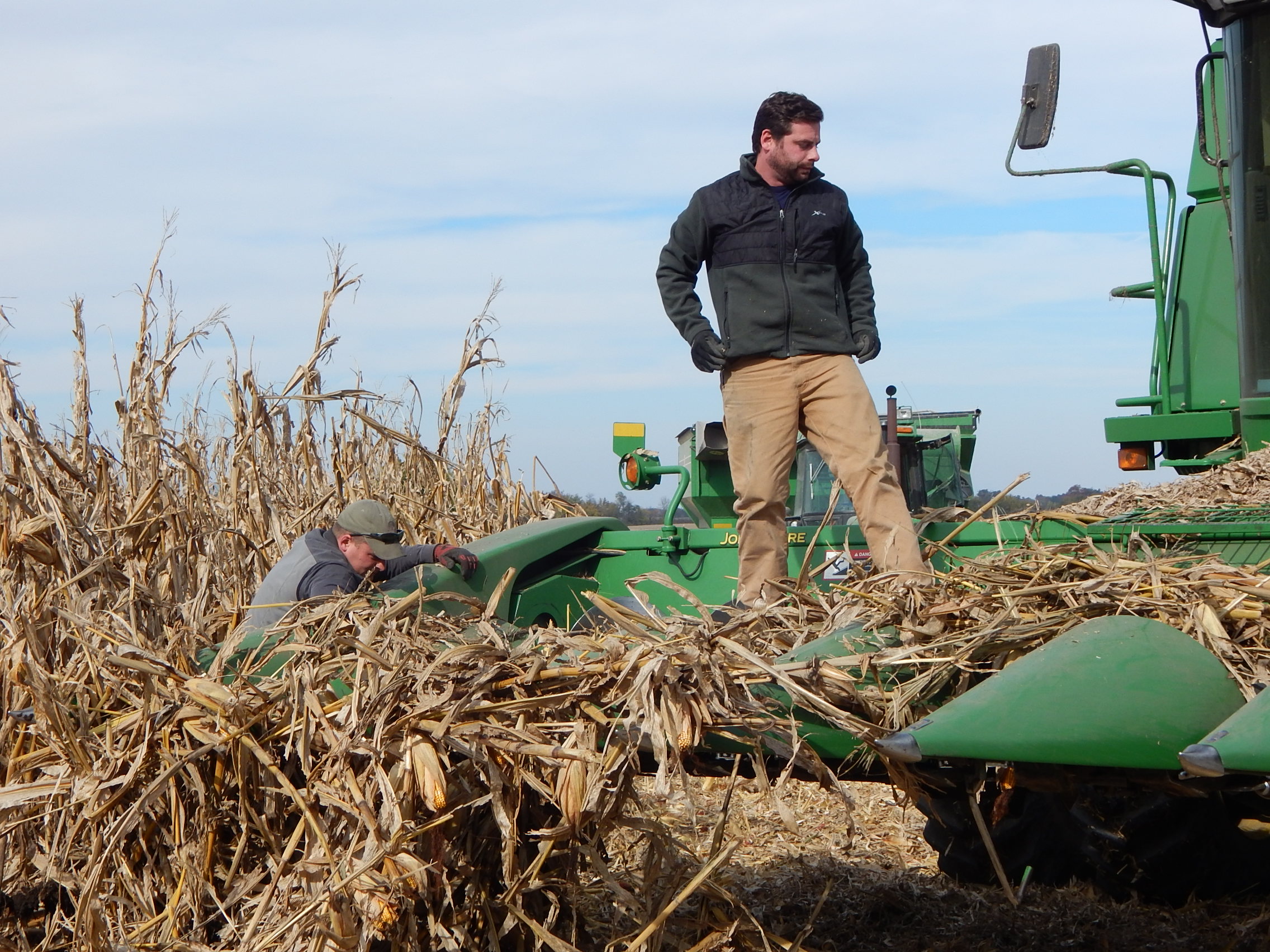This is the second part of a 3 part series on OSHA inspections. See here for the other parts:
- Click here for Part 1 - Why would OSHA pay me a visit? (Read if this before continuing if you haven't)
- Click here for Part 3 - What Will They Be Looking For?
If an OSHA inspector arrived at your operation this morning, would you be ready for an inspection? The number of OSHA inspections in agriculture are expected to increase. OSHA recognizes more and more ag operations have more than 10 employees and these operations fall under their jurisdiction. OSHA does not announce they are coming, in fact, advance notice is prohibited.
